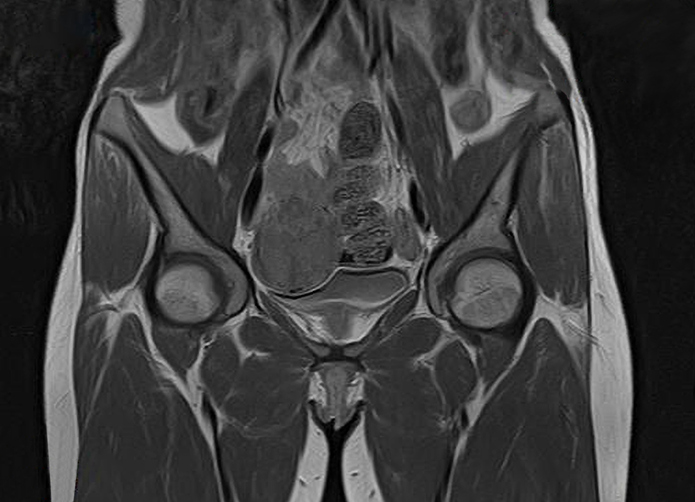
Gynecologic Cancer
Advertisement
The global burden of cervical cancer, as well as cervical cancer mortality, is predicted to increase substantially by 2030.
A team of researchers aimed to analyze the genetic expression and prognostic value of selenoprotein gene mutations.
Based on these results, a three-diode laser vaginal session enhances and favors the complete closure of VVFs.
Deep learning algorithms combined with MRI could have a major impact on diagnosing patients with high-risk disease.
A Mendelian randomized analysis was performed to determine the effects of anti-CD20 antibodies on endometrial cancer.
This could be a needed breakthrough for those predisposed to breast and ovarian cancer mutations.
There is a compelling case for the PK benefit of GLP-1s on certain cancer cell lines.
Krystina Dunston spoke about the findings of a study which showed potential in slowing tumor growth in endometrial cancer.
Pembrolizumab plus chemoradiotherapy was shown to improve survival in advanced cervical cancer.
Dr. Andrew Hertler Talks About Current Treatments, Quality of Life for Women With Endometrial Cancer
Dr. Andrew Hertler spoke about the biggest challenges, and most promising treatments associated with endometrial cancer care.A study identified possible prognostic factors and survival patterns based on histology type in endometrial cancer patients.
A study analyzed the correlation between cancer-related cognitive impairment and neurotransmission pathways.
Dr. Andrew Hertler explains why health disparities exist for Black women with ovarian cancer.
Sexual counseling training in gynecological cancers is effective at generating increased awareness among midwifery students.
The FDA approved dostarlimab-gxly with carboplatin and paclitaxel for endometrial cancer.
The FDA approved pembrolizumab with chemotherapy for adult patients with primary advanced, recurrent endometrial carcinoma.
Pembrolizumab use is increasing among patients with recurrent cervical cancer.
An objective manual screening process may enhance diversity in gynecologic cancer clinical trial enrollment.
Camrelizumab plus apatinib demonstrates robust and sustained efficacy in treating patients with advanced cervical cancer.
The FDA granted approval to tisotumab vedotin-tftv for the treatment of recurrent or metastatic cervical cancer.
Advertisement






















 © 2025 Mashup Media, LLC, a Formedics Property. All Rights Reserved.
© 2025 Mashup Media, LLC, a Formedics Property. All Rights Reserved.